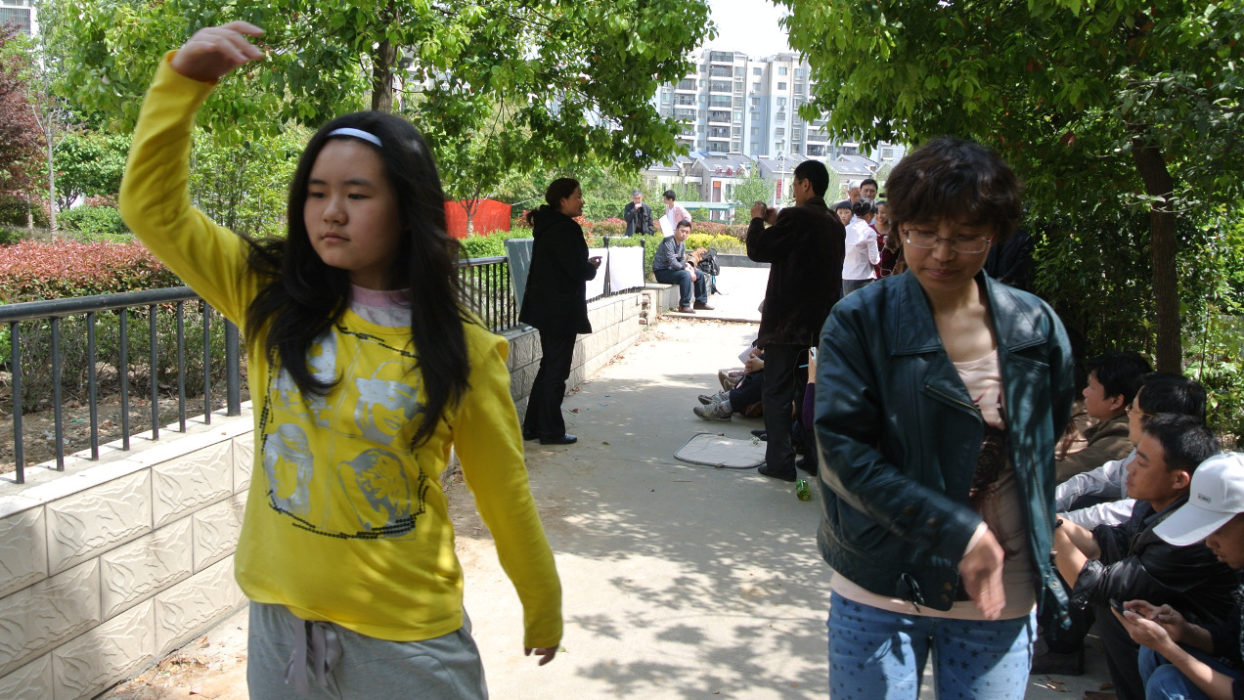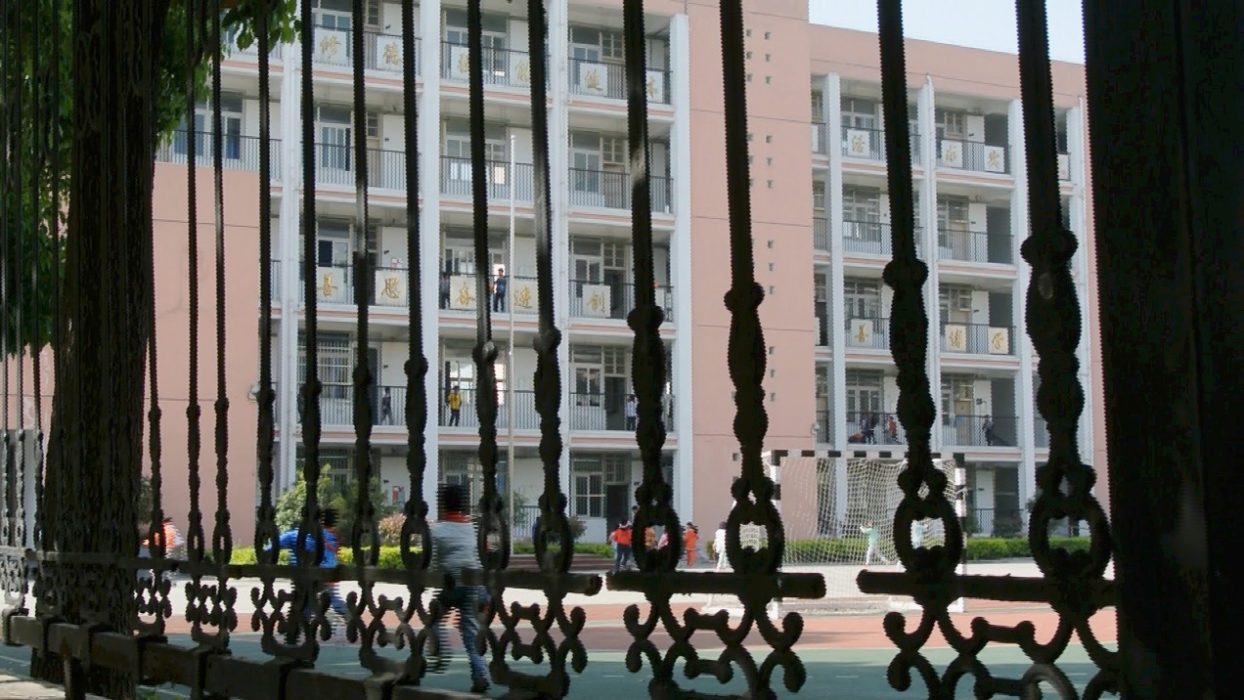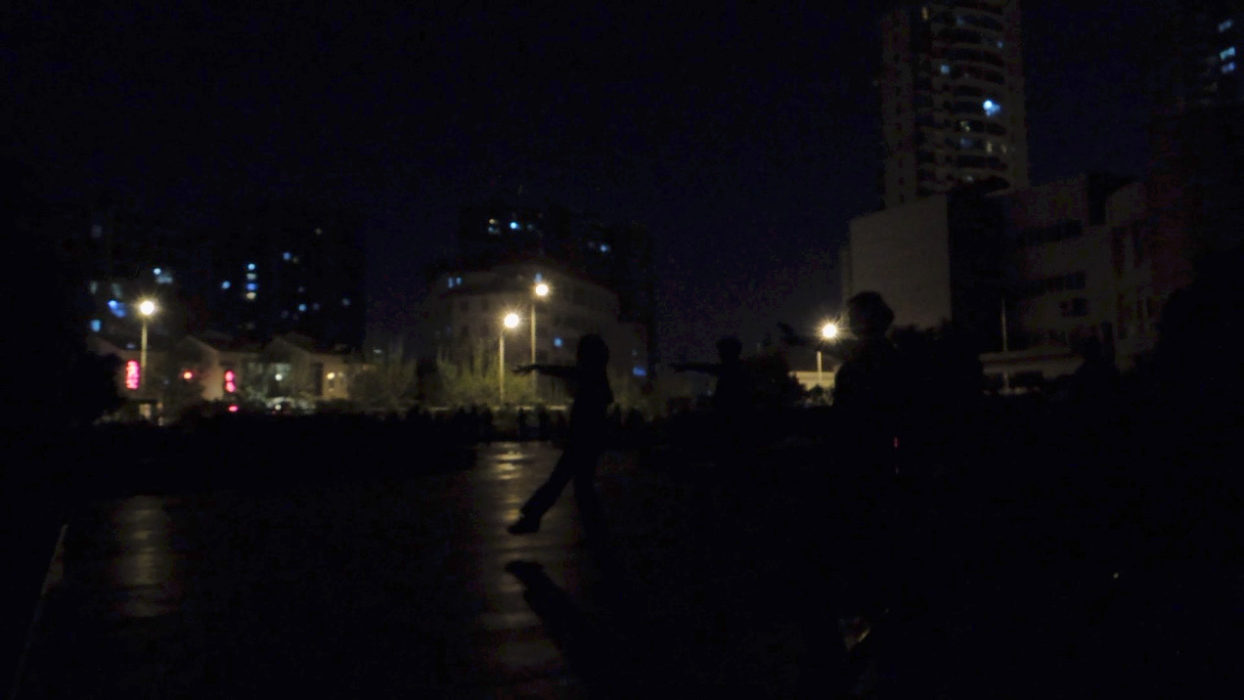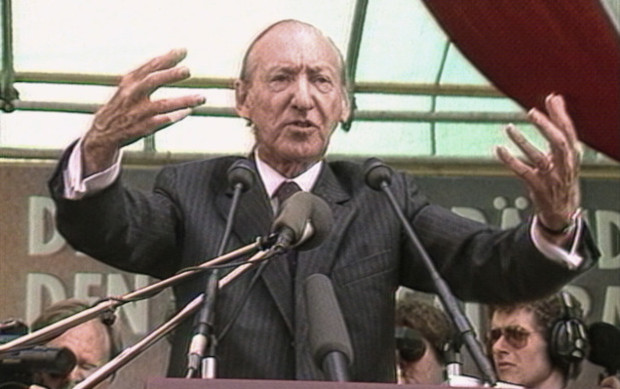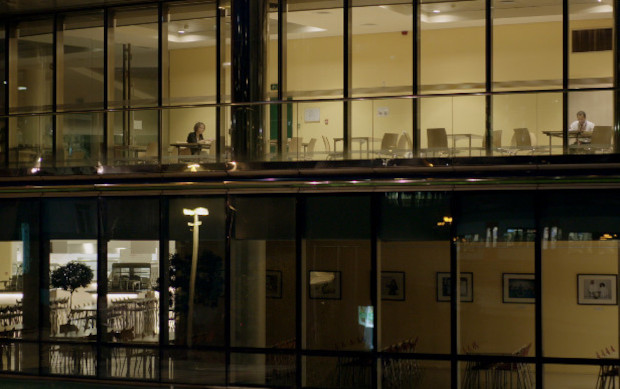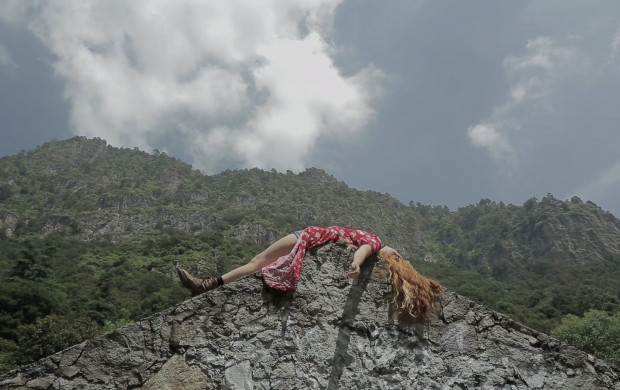Anni
In 2013, in Hefei in Eastern China, 10-year-old Anni is barred from her school after her recent move to the city. Zhu Rikun, filming under cover, decides to open the film with a car ride; on the car radio, we hear a news bulletin focused solely on international events. But he is intent on documenting his country from within in order to go beyond the official “Move along, there’s nothing to see here”. After this prologue, we follow the young girl, and only gradually understand that the square where she goes to practice skate-boarding after 47 days out of school, is the locus of growing mobilisation. A math teacher is giving a lesson on a ping-pong table; a meeting of the bloggers’ social network, “weibo”, suggests a greater degree of organisation. The account given by Anni’s father, who has long been a dissident and targeted via his daughter, reveals the secret police’s strategy. Yet, here, activism never tramples over direct cinema. Each sequence adds small brushstrokes to the political picture. As in We, the Workers, a political marathon on the chaotic struggle of Chinese human rights defenders (Cinéma du Réel, 2017), Anni outstrips denunciation to render a daily existence bearing the stamp of authoritarianism. “People need the collective” is heard behind the school railings during a celebration playing the Chinese national anthem. The passers-by and activists who have come to help Anni are of the same opinion – but for them, the collective now needs to be filtered through the individual. (Charlotte Garson)
Fanhall Films
Zhu Rikun
Saverio Damian
Fanhall Films • email zhurikun@gmail.com
